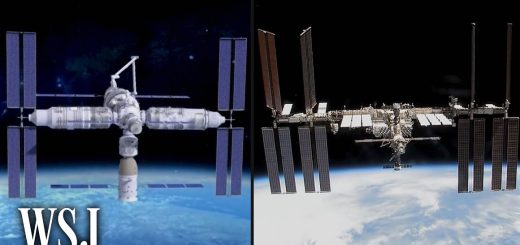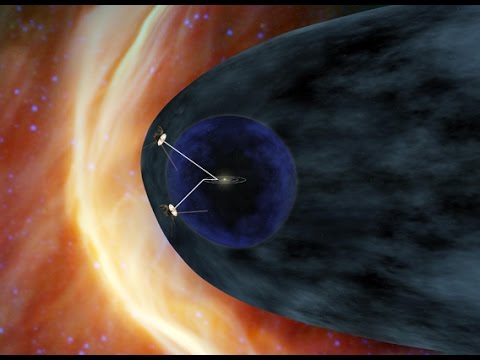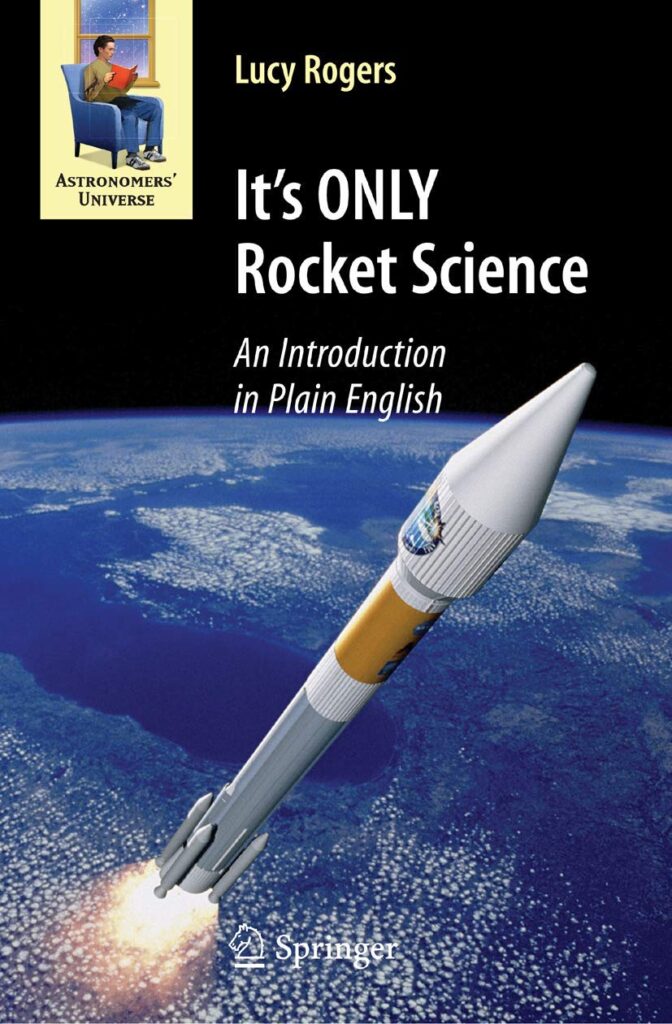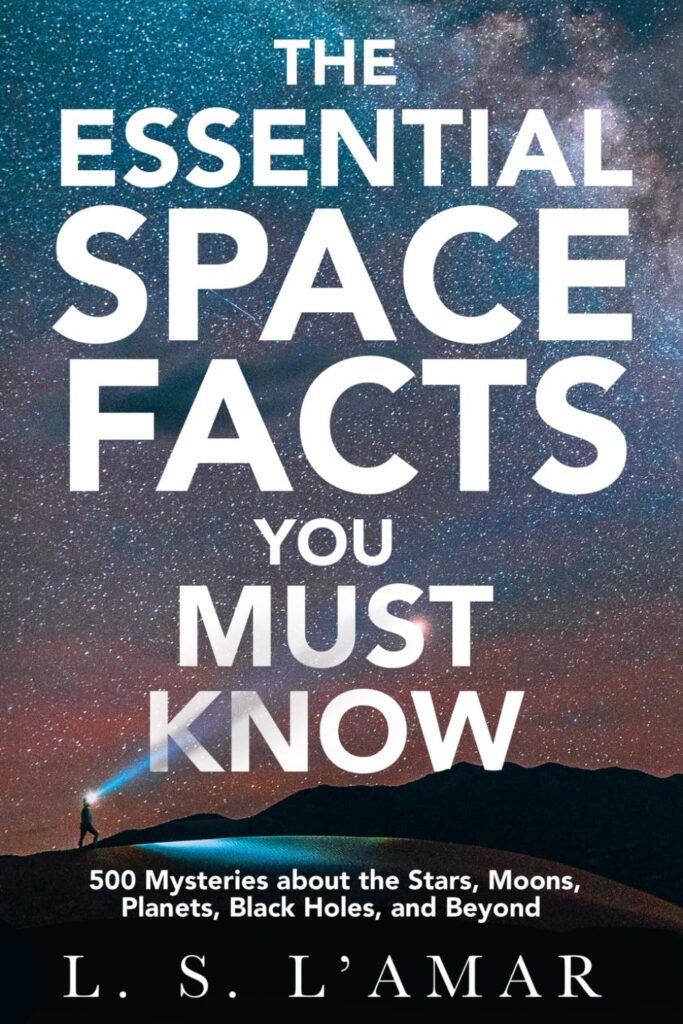The Two Paragraphs That Effectively Banned U.S.-China Space Cooperation | WSJ
– [Narrator] Orbiting the Earth at 17,500 miles per hour… – [Speaker] Oh, there it went. – [Narrator] Is the Space Station. Or, I’m sorry: The International Space Station, because there’s two now. The international one used by the US, Russia, Europe, Canada, Japan, and others; and China’s Tiangong, which became fully operational at the end of 2022. They plan to use it for at least the next 10 to 15 years. Meanwhile, the International Space Station is set to be retired before that. – International Space Station is going down. Chinese space station is going up. I won’t say it’s a changing of the guard, but does indicate that things are changing. The people who are up in space are changing. The evolution of use of space is changing. – [Narrator] Chinese and US astronauts aren’t allowed on their opposing space stations. They are effectively banned from directly working together because of one small section in a 2011 law. Here’s why the US and China don’t work together in space, and why that law is now a big debate in the space community. Leading up to the amendment, there was a lot of tension between the US and China. There were numerous cyber attacks, including on members of Congress. – On these computers was information about all the case work I’ve done on behalf of political dissonance and human rights activists around the world. – [Narrator] In 2007, China completed a ballistic missile test, creating a tremendous amount of debris when it destroyed a weather satellite; debris the International Space Station still has to maneuver around. In news stories at the time, the concern wasn’t immediately the station, but the showing of China’s military might. – Space is a key national security enabler. – [Narrator] Victoria Samson works for an organization that promotes global cooperation in space. Her career has focused on that intersection between space and the military. – There’s kind of a natural correlation between a ballistic missile program and a satellite launch program. That was only the third country to do that sort of thing. The US and the Soviet Union had done them during the Cold War, but there hadn’t been one officially for decades at that point. I think that was really kind of a reminder that there are new actors in space and new interests, and so the United States needed to think about how it wants to deal with space. – [Narrator] Then, in 2010, the head of NASA went to China to begin talks of collaborating together, possibly even on the International Space Station. As he described it in 2021… – Before I went, met with Congressman Wolf because he was the chairman of the House Appropriations Committee responsible for NASA funding, and he asked me not to go. In fact, he told me not to go. – [Narrator] He’s talking about that Congressman, Frank Wolf, who was passionate about investigating and punishing China’s human rights abuses, and felt that even normalizing trade with China in the 90s was… – Fundamentally immoral, and this Congress is ready to ratify a fundamentally immoral policy, a policy that has no morality behind it. – [Narrator] In 2011, he added a clause to that NASA funding bill that says the space agency can’t participate, collaborate, or coordinate bilaterally in any way with China or any Chinese-owned companies, unless it’s approved by Congress. It’s called the Wolf Amendment. It’s not a total ban, but it’s created what many call speed bumps, which functionally serve to ban collaboration. – The Wolf Amendment does not prevent the United States from doing things with China on space issues, but it does send a message that the United States is leery about working with China on space issues. – [Narrator] The US has long used space as kind of a soft power. The US-Russia relationship was a key example of that, working together on compatible docking systems despite the Cold War, and then, of course, the Space Station. – The International Space Station has been a very effective tool for diplomatic outreach. But, you know, the United States wasn’t reaching out to other countries out of the goodness of their own heart, and it felt that there were benefits that the program could get from the various partners. The Russians had, you know, experience under the Soviet Union of having their own space stations. They would bring that tactical expertise. – [Narrator] China originally wasn’t part of the International Space Station, because they just didn’t have the technical knowledge at the time. This is the total amount of launches conducted by the US and Russia, and here’s China. In 2011, while their space program had improved, they were still far behind, or as Congressman Wolf said at the time, he didn’t want to give China the opportunity to take advantage of our technology, and we have nothing to gain from dealing with them. But a decade later, things have changed. (rocket roaring) (person speaking indistinctly) China has been quickly stepping up how often it launches, and the future plans of both countries will be in the same place: the Moon. NASA says they plan to have a crewed mission in 2025, look to establish a longer term presence there, and in the years ahead, establish another multinational space station, the Lunar Gateway, that will orbit the moon. China says they also plan to have a camp on the same part of the moon by 2028. But if these two base camps wanna coordinate or collaborate, they need to go to Congress 30 days in advance. – Particularly when you’re looking at such a hostile environment such as the Moon, it seems foolish to needlessly complicate relationships and create a hostile working environment with one of the only other countries that perhaps could help out human beings on the moon, just because you have hostile relationships on the ground. – [Narrator] That’s why there’s a debate in the space community about whether this law should exist in its current form. – If you look at what was Congressman Frank Wolf’s purpose, which was to try to isolate the Chinese and to, more closely, abiding with our norms in human rights, it did not accomplish its purpose at all. If we’re looking at slowing their program or keeping them from developing a space program, it did not do that at all. Unfortunately, what it has done has caused us to now be on the outside looking in, as China presses forward with their 50 year space program and doing things that some people say they’re moving at an incredible pace. – [Narrator] Congressman Wolf, who is now retired, told the Wall Street Journal in a statement that if a planned collaboration doesn’t meet the amendment’s basic criteria, NASA has no business doing it, and referred to China’s continuing human rights abuses. – I think the Wolf Amendment is gonna be around for a while, partially because no one wants to spend the political capital to get rid of it, partially because I think the pendulum has really swung in terms of concerns about China as a rival or threat. – They could go to the South Pole of the Moon where the resources are, and they could land, and they would say, “This is our exclusive territory. You stay out.” And we’re not gonna let that happen. – [Narrator] The Wolf Amendment has been kept in each NASA funding bill since its creation, but as the US and China both move closer to the Moon, the space community’s debate over collaboration may become a congressional one. (relaxing music)














